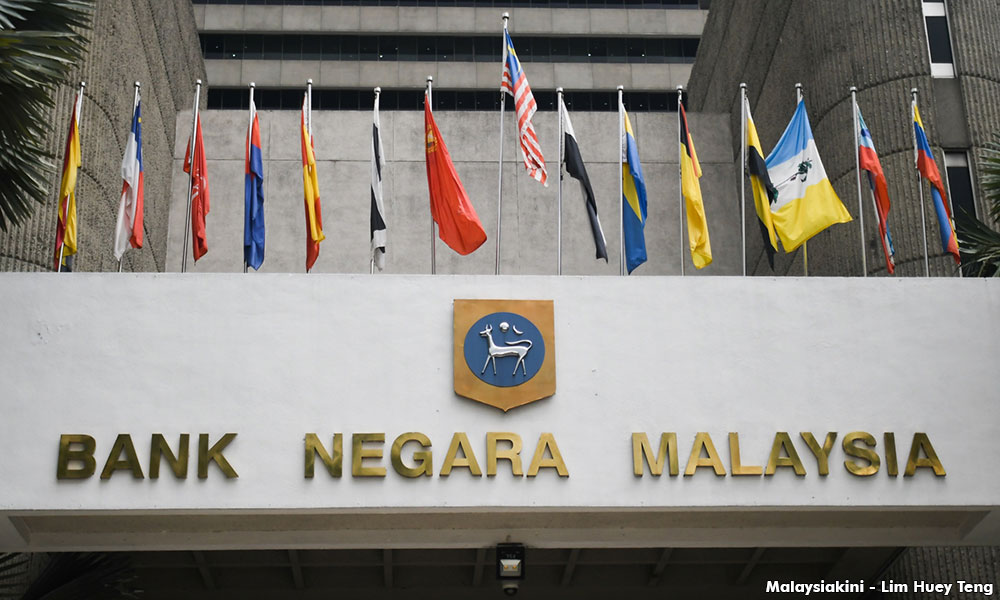Malaysia's economy expanded by a stronger-than-expected 5.9 percent in the last quarter of 2017, a likely boost for Prime Minister Najib Razak ahead of national elections that must be held by August.
The brisk pace of growth over the past four quarters may increase the chances that Najib, criticised over a corruption scandal at a state-owned fund and rising living costs, can fend off an election challenge from his former mentor Mahathir Mohamad.
The annual growth pace for October-December pushed 2017 full-year expansion to 5.9 percent, its best in three years and an acceleration from 2016's 4.2 percent.
Bank Negara Malaysia said domestic demand continued to drive growth in October-December, with healthy expansion in private consumption supported by wage and employment gains.

"Growth is expected to remain favourable in 2018, with domestic demand continuing to be the key driver of growth," the central bank said.
"The expected faster expansion in global growth would continue to benefit Malaysia’s exports, with positive spillovers to the domestic economic activity."
The median forecast of a Reuters poll was for fourth-quarter growth of 5.7 percent, from July-September's 6.2 percent pace, the fastest in more than three years.
ANZ said it expects 2018 growth to remain solid at 5.8 percent.
Alex Holmes, analyst at Capital Economics, predicted growth "will lose a little more steam over the course of this year," adding that export expansion is unlikely to be as strong as in 2017.
This year, Najib faces one of the toughest elections for his ruling coalition – in power since Malaysia became independent in 1957 – with former premier Mahathir leading an opposition campaign to oust him.
Najib, who denies any wrongdoing in the financial scandal, is expected to cite solid economic recovery as a reason for voters to keep him in power. He became Malaysia's leader in 2009.
One and done?
On Wednesday, the ringgit currency firmed by 0.4 percent to 3.9220 to the dollar at midday. It has strengthened nearly 13 percent since Jan 4, 2017, when it hit a 19-year low of 4.9880.
The central bank said the ringgit had "outperformed" most regional currencies during 2017's fourth quarter, but it remains cautious of external risks.
BNM said its monetary policy "remains accommodative", and that its decision to hike its key rate by 25 basis points to 3.25 percent in January "reflects a normalization, and not a tightening of monetary conditions".
The rate hike was the first since July 2014. Brian Tan, a Singapore-based economist with Nomura said a second rate hike is unlikely this year unless data points to growth exceeding the government's 2018 forecast of 5.0 to 5.5 percent.
"If we get another year of out-performance, then a rate hike could come back into the picture," Tan said. ANZ said that even though inflation has moderated recently, it expects another 25 basis point hike in September.
Malaysia's current account surplus widened to 12.9 billion ringgit in the fourth quarter, from 12.5 billion ringgit in July-September.
- Reuters


